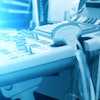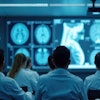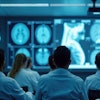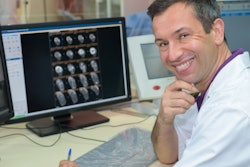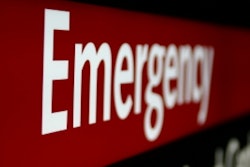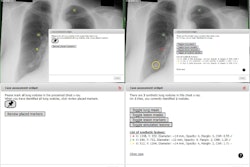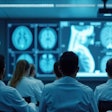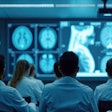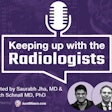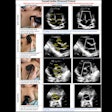The impending diagnostic radiology oral exam should be welcomed for aspiring radiologists, according to an article published January 5 in Academic Radiology.
A team led by Samantha Pfiffner from Wayne State University in Detroit wrote in its editorial that the oral exam, scheduled to start in 2028, will provide opportunities for a more comprehensive evaluation of radiologists.
“The authors of this manuscript commend the ABR for their tireless pursuit to improve radiology education and their comprehensive and inclusive approach to developing the new exam format,” the Pfiffner team wrote.
The American Board of Radiology (ABR) requires residents to pass two exams to become radiologists. These include the diagnostic radiology qualifying exam and the diagnostic radiology certifying exam. The latter can be taken as early as 12 months after residency.
However, the board is replacing the multiple choice-based certifying exam with an oral exam beginning in 2028. The decision to do so came in 2022 following input gathered from key stakeholders such as radiology organizations, other interested entities, and individuals through online surveys.
Pfiffner and colleagues wrote that the new oral exams would see candidates show competencies that the multiple-choice exam does not assess. These include interpretation and communication skills, critical thinking, real-time clinical judgment, and professionalism.
“In particular, the oral exam format may encourage residents to develop a very particular set of skills during oral discussion of cases in case conferences, skills which may be useful in interactions with referring physicians,” the authors added.
They also suggested that the remote format provides candidates with flexibility in choosing their exam-taking environment, especially for those who require special accommodations.
However, the team also acknowledged that transitioning to the oral exam could pose a challenge. They wrote that the content outline for the exam is not yet available and the first class of residents to take this exam has already started training.
“Of note, the ABR elected to continue administering the [certifying exam] a year after the conclusion of residency training when most examinees are immersed in their subspecialty training, which may not represent the time frame to optimally assess their general radiology skills,” the authors added.
Finally, they noted that performance anxiety and technical issues tied to remote exam-taking could be of concern.
The authors recommended in their editorial that radiology training programs adjust their curricula to prepare residents for exam changes, “given the current lack of resources.” They also wrote residency programs should identify and implement interventions for residents who may be considered at risk for failure.
“Residency programs must adapt to these changes by prioritizing education, reallocating resources, and providing adequate preparation time for residents,” the team concluded. “In addition, identifying struggling residents early and offering interventions may improve the pass rate of this examination.”
The full article can be found here.
